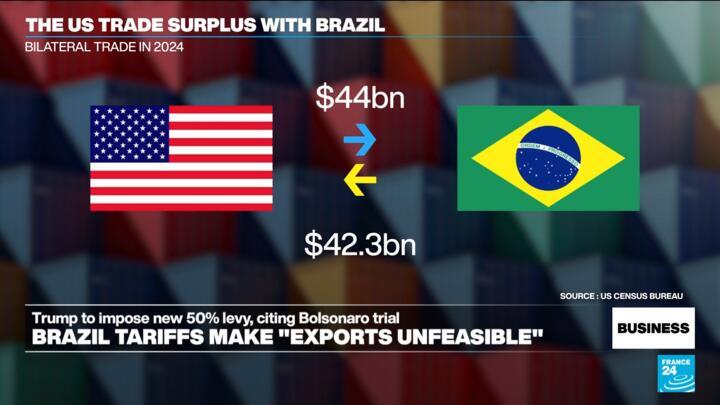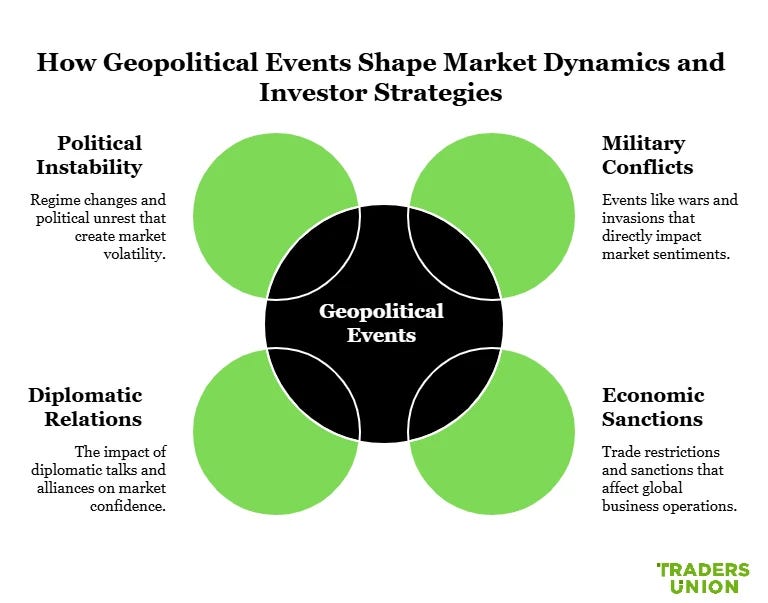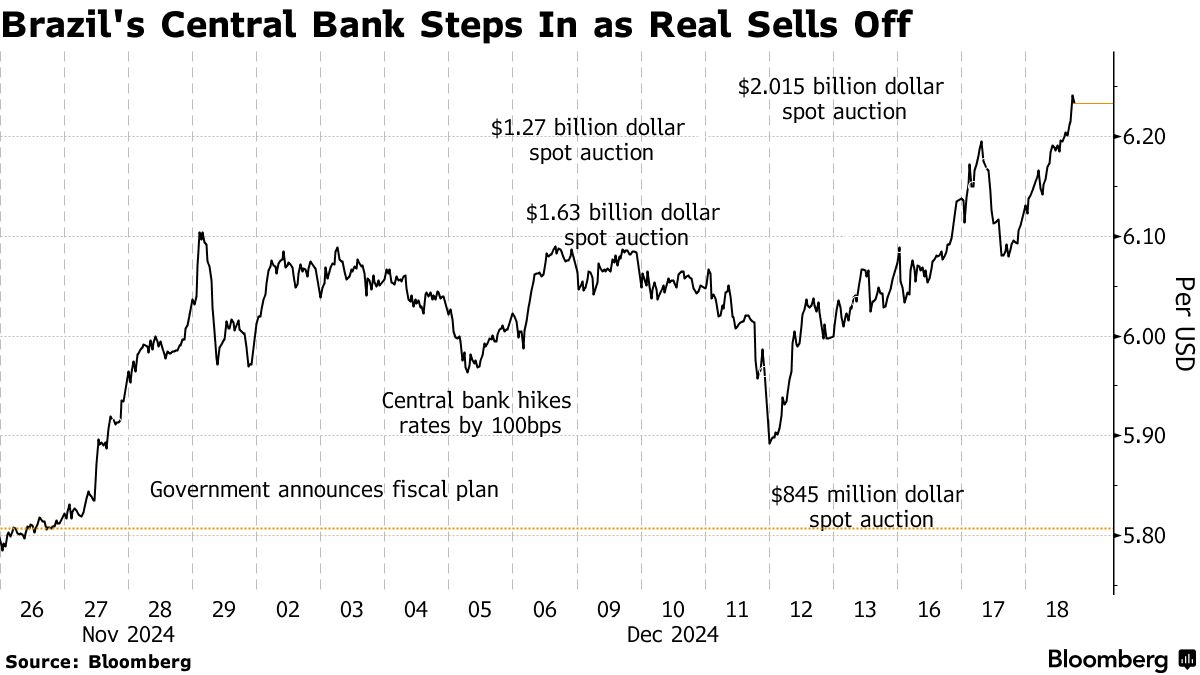Introduction
The global economic scenario is intrinsically linked to geopolitical events, and the recent tariffs imposed by Donald Trump on Brazilian products are a striking example of how political decisions can directly reverberate in financial markets. The news of a 50% increase in import tariffs for Brazil generated waves of concern and uncertainty, impacting exchange rates, interest rates, and consequently, investment strategies. Understanding the dynamics of these events is fundamental for investors seeking to protect and optimize their portfolios in an increasingly interconnected environment.
The Impact of Trump's Tariffs on Brazil
Donald Trump's decision to impose 50% tariffs on Brazilian products, announced after market close, triggered an immediate reaction in the country's economic indicators. The dollar, for example, registered a significant rise, and future interest rates advanced, reflecting investors' concern about the consequences of this measure [1].
Market Reactions
1.Exchange Rate: The appreciation of the dollar against the real is one of the most visible responses to this type of news. Uncertainty about the future of trade relations and the fear of a trade war lead investors to seek the security of stronger currencies, such as the US dollar. This makes imported products more expensive and can generate inflationary pressure.
2.Future Interest Rates: The advance of future interest rates indicates an expectation of an increase in the basic interest rate (Selic) by the Central Bank to contain inflation and attract foreign capital. Higher interest rates can negatively impact indebted companies and consumption but can be beneficial for fixed-income investments.
3.Stock Market: The Ibovespa, Brazil's main stock index, reacted with a fall, reflecting investors' risk aversion. Exporting companies may be the most affected by tariffs, while sectors more focused on the domestic market may feel the impact of inflation and higher interest rates.
How Geopolitics Affects Your Investments
Geopolitical events, such as the imposition of tariffs, have the power to drastically alter the investment landscape. The unpredictability of these actions requires investors to be attentive and capable of adjusting their strategies quickly.
Strategies to Navigate Uncertain Times
1.Diversification: Portfolio diversification is one of the most effective strategies to mitigate risks in volatile scenarios. Investing in different asset classes (fixed income, variable income, foreign currencies, commodities) and in different geographies can protect capital against localized shocks.
2.Safe-Haven Assets: In times of crisis, assets considered safe havens, such as gold and, more recently, Bitcoin, tend to appreciate. Including a portion of these assets in the portfolio can be a way to protect against the devaluation of other investments.
3.Fixed Income: In a high-interest rate environment, fixed income becomes more attractive. Securities such as CDBs, LCIs, and LCAs can offer attractive returns, especially those with pre-fixed rates that guarantee a known yield over time. It is important to research the best options and terms that suit your objectives .
4.Sector Analysis: Evaluating which economic sectors are more or less susceptible to the impacts of tariffs and exchange rate fluctuations is crucial. Sectors focused on the domestic market and with less dependence on imports or exports may show greater resilience.
5.Constant Monitoring: The financial market is dynamic. Staying informed about the latest news, market analyses, and central bank communications is essential for making assertive investment decisions. Financial news tools and analysis platforms can be great allies.
The Role of Government Response
The Brazilian government's response to Trump's tariffs is also a factor to be observed. The adoption of reciprocity laws and the pursuit of diplomatic solutions can influence the duration and intensity of economic impacts. How the government handles the tariff crisis can determine investor confidence and market recovery.
Donald Trump's tariffs on Brazil are a vivid reminder of the interconnection between geopolitics and investments. In a world where economic borders are becoming increasingly fluid, the ability to anticipate and react to external events is a valuable skill for any investor. Diversification, the search for safe-haven assets, and constant market monitoring are essential strategies to protect and grow your capital in uncertain times. Adaptability and information are the keys to transforming challenges into opportunities in the complex chessboard of global investment.
References
[1] Money Times. Mercado Livre (MELI34): XP projeta pressão nas margens do 2T25 devido aos investimentos; veja o que esperar. Available at: https://www.moneytimes.com.br/mercado-livre-meli34-xp-projeta-pressao-nas-margens-do-2t25-devido-aos-investimentos-veja-o-que-esperar-lmrs/
[2] InfoMoney. Tarifaço contra Brasil eleva juros futuros? veja taxas para CDB, LCI. Available at:






.png)
.png)
0 Comentários